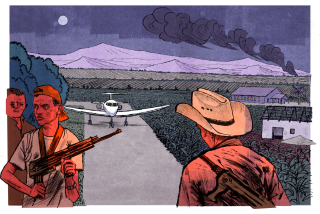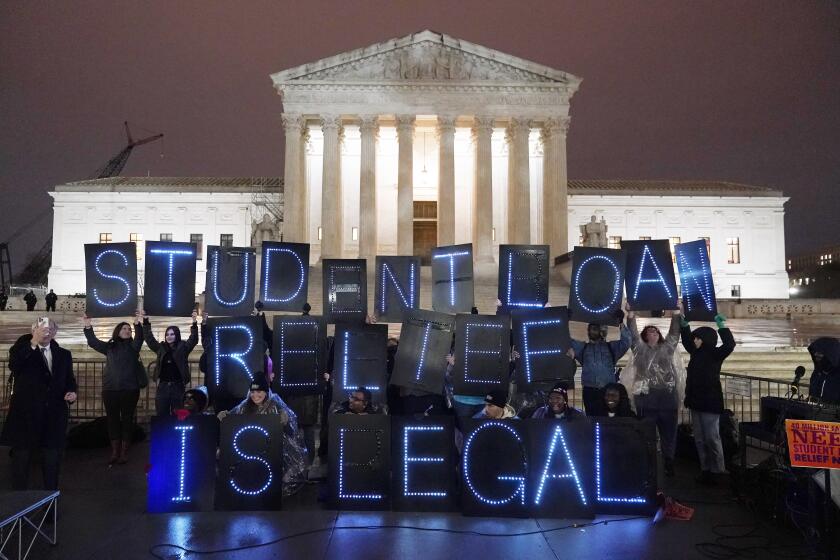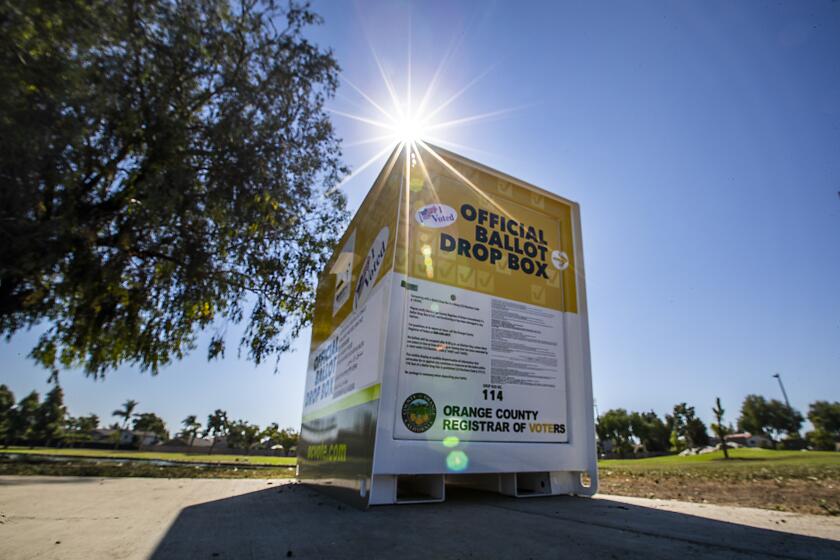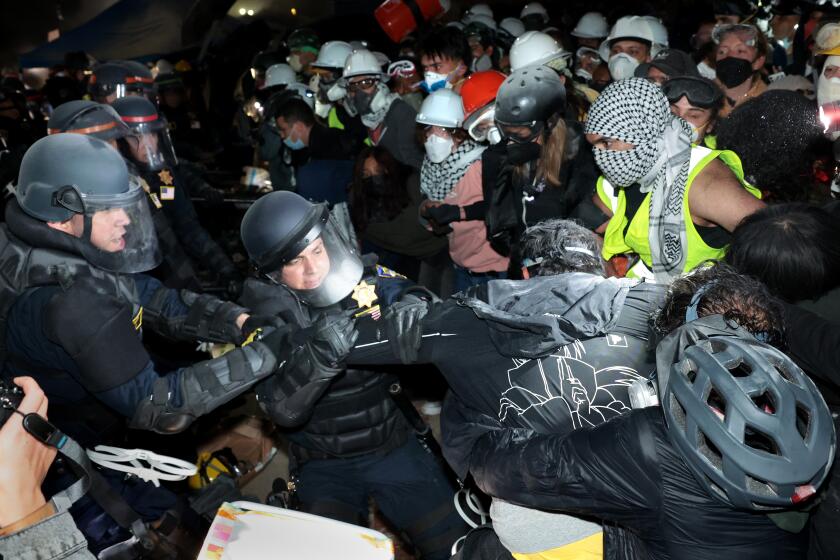Few Colleges Tackle Issue of Athlete Sex Assaults
Not many years ago, college coaches concerned themselves mainly with X’s and O’s. Now, in addition to dealing with drug and alcohol abuse, coaches must worry that a player might be accused of abusing women as well.
Even after recent, highly publicized incidents involving sports figures and sexual assault, few athletic officials at New York City colleges have tackled the issue, however.
“It’s something I have never thought of in terms of addressing,” said Jack Rohan, men’s basketball coach at Columbia University. “Maybe I’ve been wrong, but it has not been something that has occurred to me.”
Rohan’s statement reflected the attitude of many area coaches. Columbia University, New York University, Fordham University, City College and Manhattan College sponsor no awareness programs on sexual assault. If sexual assault is mentioned to male athletes, the speaker is often a coach with no specific training in sexual issues.
One exception is St. John’s University, where six members of the varsity lacrosse team were charged in 1990 with sodomy and sexual abuse involving an 18-year-old woman. The athletic department began conducting workshops for male athletes.
The NCAA provides athletic departments with videotapes on alcohol and drug abuse, but it has no film on sexual violence. An NCAA spokeswoman said the group had “no plans” to produce one.
Whether sexual attacks on campuses are becoming more common is unclear. Recent evidence suggests that complaints involving athletes are receiving more publicity than ever. At colleges nationwide, including Arkansas, Colorado and Oklahoma, names of varsity athletes are showing up in court dockets.
According to Peggy Reeves Sanday, an anthropology professor at the University of Pennsylvania and author of “Fraternity Gang Rape,” male athletes are the second most likely campus group, after fraternity men, to commit sexual assault. Members of those groups are responsible for 98% of all reported sexual assaults on campuses.
“Ethically and morally, universities have a responsibility to their women students,” Sanday said. Colleges should require awareness programs for their athletes, she added.
In 1991, Andrea Parrot, an assistant professor of human service studies at Cornell University, surveyed 900 students at 25 colleges in New York State. She found that 20.1% of the women students had experienced rape or rape attempts while in college.
Although the 1991 New York State Assembly passed a law requiring colleges to provide rape awareness programs for incoming freshmen, Parrot said schools need to do more.
“We should be teaching athletes to understand the issues and to keep themselves out of trouble,” Parrot said.
Nevertheless, many college coaches seem to believe that their student athletes arrive on campus with their moral compasses properly oriented.
“I haven’t broached the subject,” said Gary Smith, men’s basketball coach here at City College. “I probably would, if I thought somebody on the team needed that.”
Said John Byrne, assistant men’s basketball coach at Pace University: “We feel we have a pretty good group of guys. Most of these kids are level-headed and into their careers.” Rape and sexual assault, he added, “aren’t an issue.”
At New York University, 450 male and female student athletes must attend annual lectures on everything from nutrition to steroid drugs. In a two-hour talk, sexual assault is discussed for just 20 minutes.
“We think it’s long enough,” said John Eckel, head trainer at NYU.
Meanwhile, at Pace, administrators are moving ahead with a program of lectures and videotapes to reach all 350 varsity athletes by the end of the spring semester. On-campus student athletes already participate in twice-a-year awareness programs sponsored by dormitories. Fordham is also taking similar steps.
After the six lacrosse players were arrested, St. John’s held four mandatory workshops for 380 varsity athletes. One seminar addressed sexual abuse and date rape. This spring, St. John’s will hold sexual assault awareness sessions for its incoming student athletes.
Other athletic officials, however, have yet to pick up the ball.
“We are coaches and teachers of a game,” said Ray Tellier, head coach of the Columbia football team. “But to talk specifically about rape--that’s not a topic that comes up on a team-wide basis.
“If we lectured athletes about every possible danger they might face, we wouldn’t have time to coach or do anything else.”
More to Read
Sign up for Essential California
The most important California stories and recommendations in your inbox every morning.
You may occasionally receive promotional content from the Los Angeles Times.






